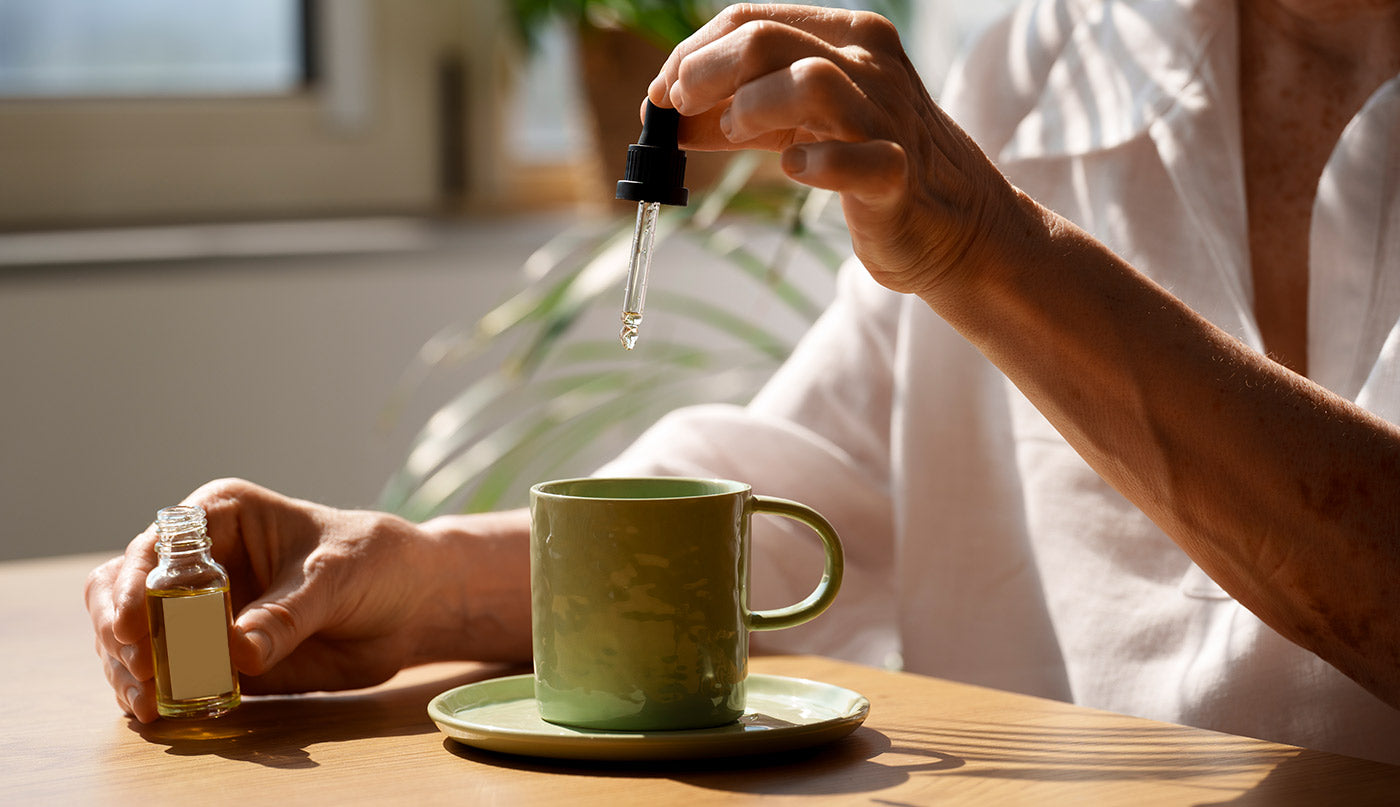
Signs and Symptoms of Depression in Men and Women
Depression is a common mental health condition that affects millions of people. It goes beyond the occasional feelings of sadness or low mood that everyone experiences from time to time.
Depression can manifest in various ways, affecting thoughts, emotions, and physical health.
Understanding the signs and symptoms of depression is critical for early diagnosis and effective treatment.
While depression affects both men and women, the symptoms can present differently due to biological, social, and cultural factors.
Common Signs and Symptoms of Depression
While the symptoms of depression vary from person to person, there are several common signs that may indicate someone is struggling with the condition. These include:
1. Persistent Sadness or Low Mood
A hallmark of depression is a prolonged feeling of sadness, emptiness, or hopelessness. This mood often persists for weeks or months and affects a person’s daily life, relationships, and work.
2. Loss of Interest in Activities
People with depression often lose interest in hobbies or activities they once enjoyed, including socialising, exercising, or even spending time with family. This loss of pleasure is referred to as anhedonia and is a common sign of depression.
3. Fatigue or Loss of Energy
Depression can sap energy levels, leading to persistent tiredness, even after adequate sleep. This fatigue can make even simple tasks feel overwhelming, causing people to withdraw from responsibilities or daily routines.
4. Changes in Sleep Patterns
Depression often disrupts normal sleep. Some individuals experience insomnia (difficulty falling or staying asleep), while others may experience hypersomnia (excessive sleeping). These changes in sleep can further exacerbate feelings of fatigue and low mood.
5. Changes in Appetite or Weight
Depression can lead to significant changes in appetite, either causing people to overeat or lose interest in food altogether. This can result in unintended weight gain or weight loss, depending on the individual's response to their emotions.
6. Difficulty Concentrating or Making Decisions
Depression can impair cognitive functions, making it hard to focus, remember details, or make decisions. People often feel mentally "foggy" or indecisive, which can affect their work or personal life.
7. Feelings of Worthlessness or Excessive Guilt
A common emotional symptom of depression is low self-esteem or persistent feelings of worthlessness. People may also experience excessive guilt over past actions, failures, or even everyday situations, even when no one else holds them responsible.
8. Physical Aches and Pains
Depression can manifest as physical symptoms, including headaches, stomachaches, muscle pain, and other unexplained aches. This connection between mental and physical health can make depression more difficult to diagnose.
9. Irritability or Restlessness
Depression isn't always associated with sadness or lethargy; it can also manifest as irritability, agitation, or restlessness. People may become easily frustrated or anxious, and in some cases, depression may present as angry outbursts.
10. Thoughts of Death or Suicide
In severe cases, depression can lead to suicidal thoughts or behaviours. Individuals may feel like life is not worth living or consider harming themselves. This is a critical symptom that requires immediate medical attention and support.
Depression in Men vs. Women: Key Differences
While many of the core symptoms of depression are the same in both men and women, the way these symptoms manifest can differ due to social, cultural, and biological factors.
Signs of Depression in Women
Women are more likely than men to be diagnosed with depression, and certain symptoms are more common among women. Some of these include:
1. Heightened Emotional Symptoms
Women with depression are more likely to express feelings of sadness, tearfulness, or overwhelming guilt. They may feel hopeless, helpless, or excessively self-critical.
2. Increased Anxiety
Depression in women often coexists with anxiety disorders. Women may experience excessive worrying, panic attacks, or generalised anxiety in addition to the symptoms of depression.
3. Changes Related to Hormones
Hormonal changes during pregnancy, menstruation, or menopause can trigger or worsen depression in women. Conditions such as premenstrual dysphoric disorder (PMDD) and postpartum depression are unique to women and may involve extreme mood swings, fatigue, and feelings of worthlessness.
4. Social Withdrawal
While both men and women may withdraw from social activities when depressed, women are often more likely to express a need for social support and may feel isolated or disconnected from loved ones.
5. Sleep and Eating Patterns
Women are more likely to experience hypersomnia (sleeping excessively) and changes in eating patterns that lead to weight gain, often turning to food as a source of comfort.
Signs of Depression in Men
Men are less likely to seek help for depression, which can make the condition harder to diagnose and treat. While men may experience many of the same symptoms as women, they often exhibit them differently. Some signs of depression in men include:
1. Anger and Irritability
Depression in men often presents as anger, irritability, or aggression rather than sadness. Men may become more easily frustrated or prone to outbursts, which can be mistakenly interpreted as personality changes rather than symptoms of depression.
2. Risk-Taking Behaviour
Men with depression may engage in reckless or impulsive behaviours, such as driving dangerously, excessive drinking, gambling, or engaging in risky sexual activity. These behaviours may be attempts to mask emotional pain or cope with feelings of worthlessness.
3. Substance Abuse
Men are more likely than women to use alcohol or drugs as a way of coping with their depressive symptoms. Substance abuse can temporarily numb emotional pain but ultimately worsens depression and increases the risk of addiction.
4. Physical Symptoms
Men with depression often report physical symptoms such as unexplained back pain, headaches, digestive issues, or sexual dysfunction. These physical signs may be more noticeable than the emotional symptoms and can sometimes lead to a delayed diagnosis of depression.
5. Withdrawal from Family and Work
Men may withdraw from family activities, become emotionally distant, or lose interest in work. In some cases, they may appear disengaged or neglect their responsibilities at home or in their careers.
Unique Aspects of Depression in Men and Women
There are several unique factors to consider when it comes to understanding depression in men and women:
1. Hormonal Factors
Women experience hormonal fluctuations during menstruation, pregnancy, postpartum, and menopause, which can significantly affect mood. In contrast, men may experience andropause (age-related hormonal changes) that can contribute to feelings of depression, though this is less commonly discussed.
2. Social and Cultural Expectations
Men often avoid expressing vulnerability or sadness, which can lead to undiagnosed depression. On the other hand, women may be more likely to seek help but also more prone to internalise negative emotions, which can manifest as self-blame or guilt.
3. Suicide Rates
While women are more likely to attempt suicide, men are three to four times more likely to die by suicide. This stark difference is partly due to the fact that men tend to use more lethal methods and are less likely to seek help for their depressive symptoms.
When to Seek Help for Depression
Recognising the signs of depression in yourself or a loved one is the first step toward getting help. If you or someone you know is experiencing any of the above symptoms for more than two weeks, it’s essential to reach out to a healthcare provider. Treatment for depression is highly effective and may include a combination of therapy, medications, lifestyle changes, and support networks.
If you or someone you know is having suicidal thoughts or is in immediate danger, contact a healthcare professional or Lifeline Australia (13 11 14) for immediate assistance.
Summary
Depression is a complex and varied condition that affects both men and women differently. Understanding the full range of symptoms is crucial for recognising depression early and seeking appropriate treatment. Whether you're a man experiencing anger and withdrawal or a woman dealing with heightened sadness and anxiety, it's important to remember that depression is treatable, and help is available.
By learning to recognise the signs and symptoms, we can break the stigma surrounding mental health and encourage more people to seek the support they need.
References
- Beyond Blue. Signs and Symptoms of Depression.
- Australian Psychological Society. Understanding Depression.
- Black Dog Institute. Depression in Men and Women: Understanding the Differences.
- Lifeline Australia. Mental Health and Wellbeing.
- Headspace. Depression: What You Need to Know.

